

Blame the economy. Blame the suits. Blame Canada. Wherever you point the finger, we live in an era of sequels. Whether or not this is a negative trend is a matter of taste, but it does mean that established franchises are more likely to get a fresh coat of paint than a total redesign. Might & Magic Heroes VI is a perfect example of iterative improvements that streamline and evolve a familiar formula without stepping too far outside the comfort (and comfortably lucrative) zone.
While the campaign mode isn’t usually the marquee feature of a Heroes game, the one on offer here is surprisingly engaging. It chronicles the story of a deeply troubled human dynasty, rife with politicking, assassination and betrayal, in the middle of an epic confrontation between good and evil (sides that are not always so clearly defined). The writing is uneven at times, but as narratives in turn-based strategy games go this one is remarkably robust. The campaign also offers convincing incentives to keep playing in the form of unlockable “dynasty” weapons and other bonuses that can be applied across multiple game modes. Be warned though: these and other persistent elements are only available when playing online and logged into Ubisoft’s Uplay service.
The main attraction remains the sandbox skirmish maps, playable in single-player or local/online multiplayer. We’d like to take a moment to applaud Black Hole Entertainment and Ubisoft for the inclusion of local hotseat play, which many developers seem to view as an afterthought or fail to include at all; it’s the feature of the Heroes franchise that has brought us back, year after year, and remains our favorite way to play.
The core conceits of the skirmish mode will be familiar to returning players: you build structures in your home city for recruiting heroes and creatures, upgrading those creatures, or unlocking faction-specific abilities. Your heroes then cut swaths across sprawling maps, finding treasure and battling monsters and other player’s champions. Several features formerly tied to construction, like the magic system, have been folded into a vastly expanded leveling/RPG system that lets players allocate points into a huge number of tiered skill trees. Not only does this provide a much deeper system for customizing and powering up your heroes, it also pares down the need to constantly trek back to your hometown to add spells or warcries. Combined with a huge variety of loot (color-coded artifacts/relics, item sets, and one use scrolls and potions), the skill tree system allows players to craft unique heroes tailored to their play styles.
The updated graphics and sweeping orchestral score do an excellent job of capturing the character and feel of diverse regions, be they the smoldering lava flows and sulfur pits of the demon faction or the verdant forests of the sanctuary elves. Character and creature models flash an incredible amount of detail, and combat animations are charming and evocative, especially when the camera zooms way down to highlight a critical hit in cinematic fashion. The voice acting is serviceable if not spectacular, and some of the in-engine cutscenes look a bit stilted because they rely on faction creatures as extras, but on the whole the presentation is superb. The only substantive criticism we can make against the game’s presentation is the lack of aesthetic improvements to your capital as you build secondary structures, which was a charming feature of its predecessor.
If you’re a Heroes veteran, the host of changes and the streamlining of almost every major system will probably delight you while retaining that core addictive premise. If you’re lucky enough to be a fresh-faced Heroes virgin, there has never been a better time to jump in and pop that turn-based cherry. Though the new entry has enough new wrinkles to draw in returning players, it’s also approachable and intuitive enough to snare newcomers. While Heroes VI isn’t a new book, it’s an immensely satisfying sixth chapter.
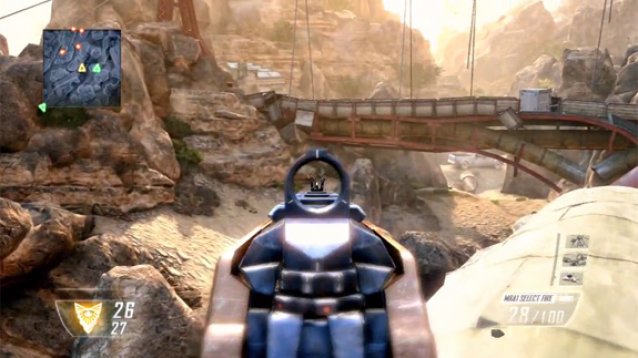
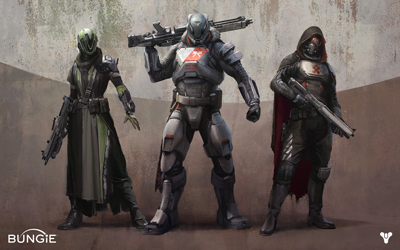

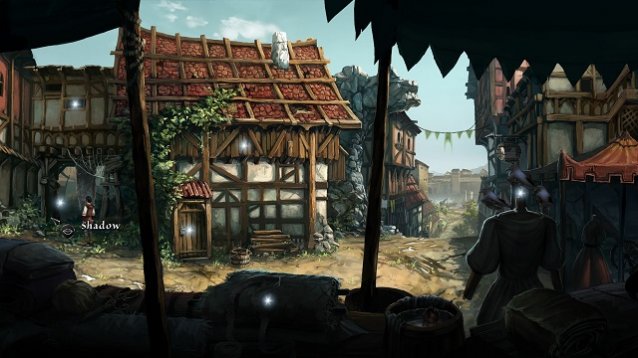
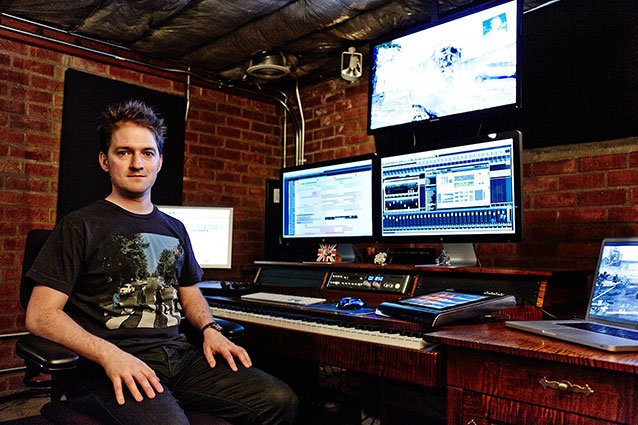 Titanfall: Stephen Barton Discusses Online-Only Music Composition
Titanfall: Stephen Barton Discusses Online-Only Music Composition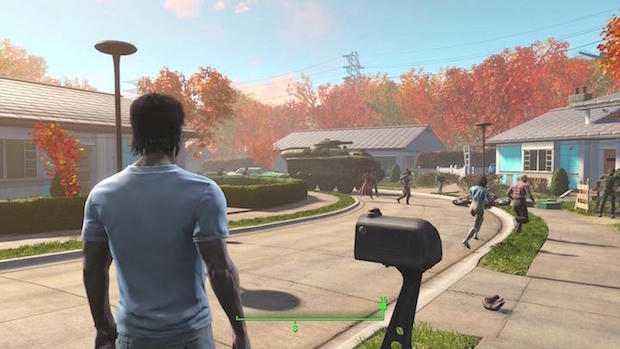 Fallout 4 Guide: Get Unlimited Caps and Buy Everything From Vendor
Fallout 4 Guide: Get Unlimited Caps and Buy Everything From Vendor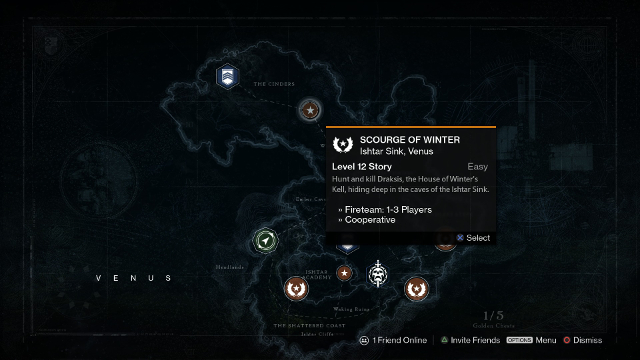 Become Legend: 6 Tips for Destiny Beginners
Become Legend: 6 Tips for Destiny Beginners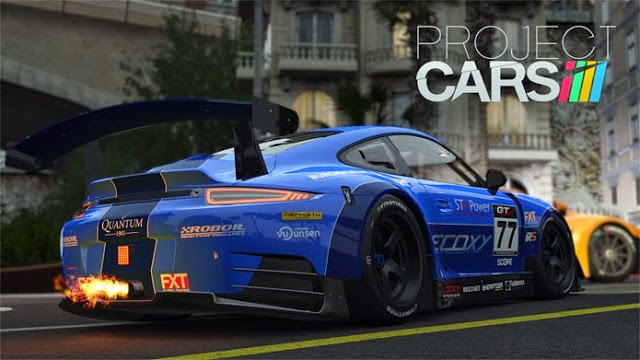 Project CARS (2015) will have 74 Vehicles, full Car List
Project CARS (2015) will have 74 Vehicles, full Car List Wii U Usability Lifehacks: Hints & Tips
Wii U Usability Lifehacks: Hints & Tips